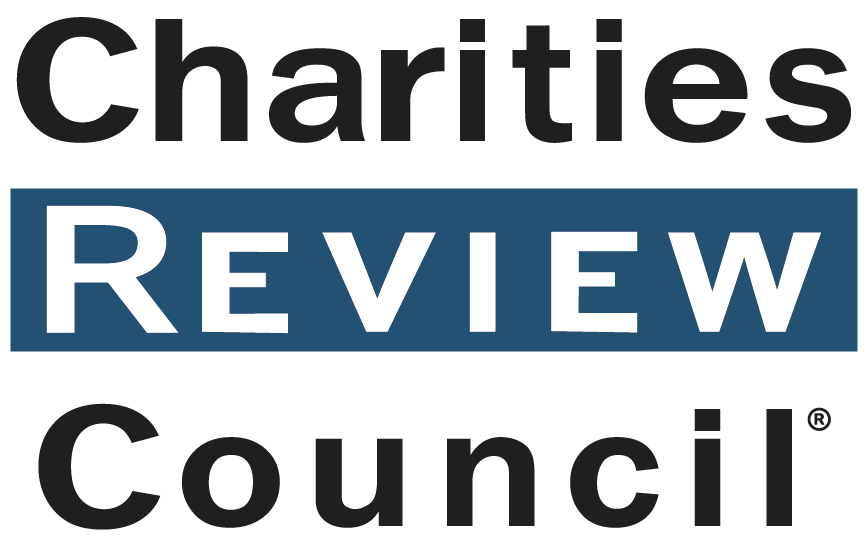
Though the pending snowstorm isn’t any indication, there is one sure sign that spring is near: Girl Scout cookies are for sale!
The infamous bright, colorful boxes filled with Thin Mints, Tagalongs, and Samoas have become such a familiar sight that people don’t often think of the cookie sales as a nonprofit fundraiser.
The Girl Scouts was started by Juliette Gordon Low in 1912 with the goal of teaching girls practical life skills. In 1917, an Oklahoma Girl Scout troop organized a bake sale as a service project to finance troop activities. Nearly 100 years later, the Girl Scouts of the USA command a cookie empire upwards of 200 million boxes sold per year. According to the organization, the primary goal of selling cookies is to teach young women goal-setting, decision making, money management, people skills, and business ethics. But there’s no doubt that cookie sales serve as a primary source of income for the Girl Scouts organization, generating more than $700 million in annual revenue.
Here’s what you should know before purchasing a box of Girl Scout cookies:
- Girl Scouts of the United States of America is a registered 501(c)(3) organization – view their annual report for important information on their programs, structure and finances.
- Our local council, Girl Scouts of Minnesota and Wisconsin River Valleys, meets Charities Review Council’s standards.
- Approximately 65–75% of the profit from each box of cookie goes directly to the local Girl Scout council, with 10–20% going to the troops. The remaining profit accounts for royalties to the national Girl Scout headquarters.
- Your box of cookies is not tax-deductible if you keep the cookies. If you leave the cookies with Girl Scouts as a donation or give the cookies to a different charitable organization, you may treat the purchase price of the donated cookies as a tax-deductible charitable contribution.
Revenue from the sales of Girl Scout cookies has been around $700 million since 1999, based on sales of 200 million boxes at $3.50 per box (price per box may vary depending on region). This incredible success in establishing a sustainable fee for service program is a model for nonprofits. Organizations with earned income retain all the advantages of pure nonprofits—including tax exemptions, ability to receive tax-deductible donations, and eligibility for nonprofit-exclusive grants from major foundations. Generating income diversifies support, freeing an organization from total dependence on philanthropic dollars. Additionally, earned income is unrestricted and can be used however the organization chooses.
Here are some lessons nonprofits of all sizes can learn from the Girl Scouts:
- Earned income must always directly serve an organization’s mission. To remain tax-exempt, a product or service must specifically accomplish the nonprofit’s goals. The Girl Scouts have established an entrepreneurial program focused on five skills that girls acquire through selling cookies, successfully integrating the fundraiser into their mission.
- Make sure your product is competitive in the private market. Over the years, the Girl Scouts have built their booming business thanks to decades of smart organizational choices, like knowing when to outsource baking and empowering local councils to make decisions for their region. People buy Girl Scout cookies over and over again.
- Be responsive to the changing landscape. The Girl Scout cookie recipes, packaging materials, and sales platforms have all evolved to remain relevant and modern as society changes.
- Be thoughtful and transparent about your organizational structure. Avoid conflicts of interest by clarifying philanthropic and business goals. All 501(c)(3) organizations must give priority to the nonprofit’s stated mission, using caution when pursuing other business opportunities.
When you purchase your Do-si-dos or Trefoils this year, whether it’s to enjoy a treat or support a friend or family member who is a Girl Scout, remember that it’s more than just a box of cookies. Take some time to understand the impact your purchase might have using the criteria above. As donors and nonprofits, we can take note of the way the Girl Scouts organization has integrated cookie sales into their mission and structure, benefiting the entire community.


